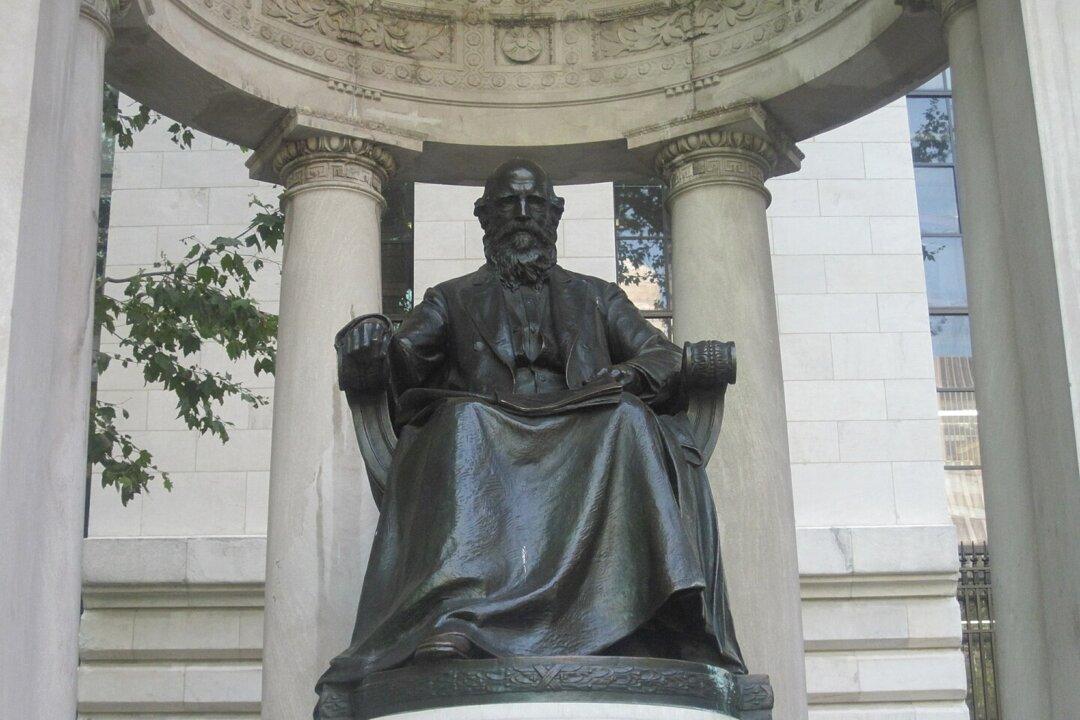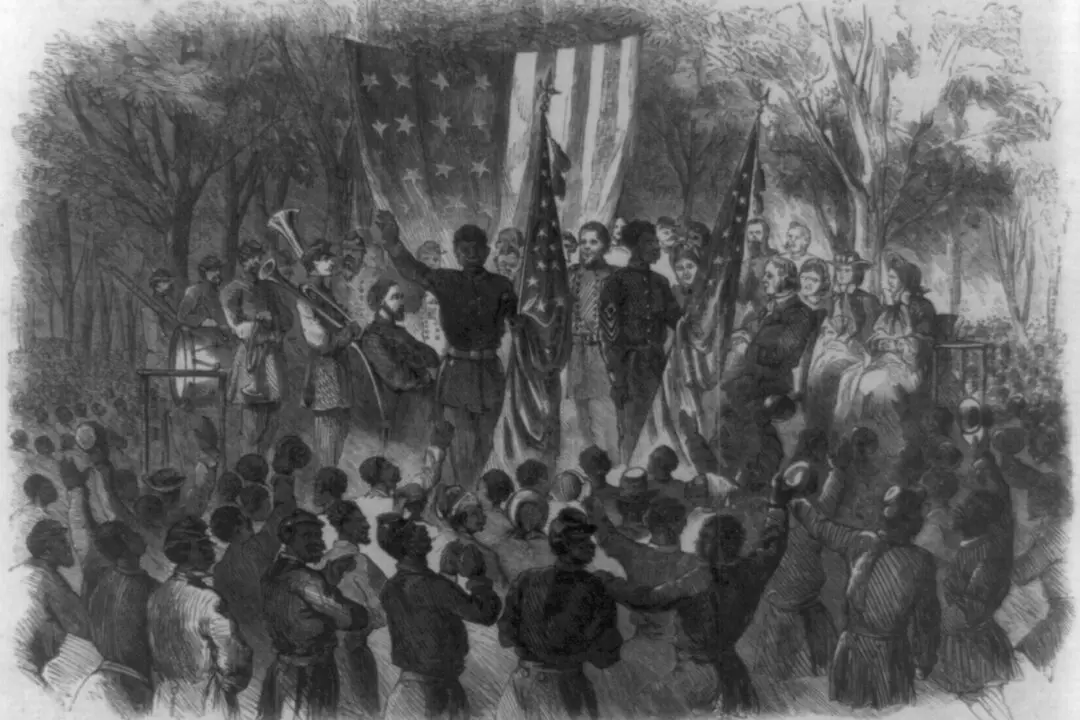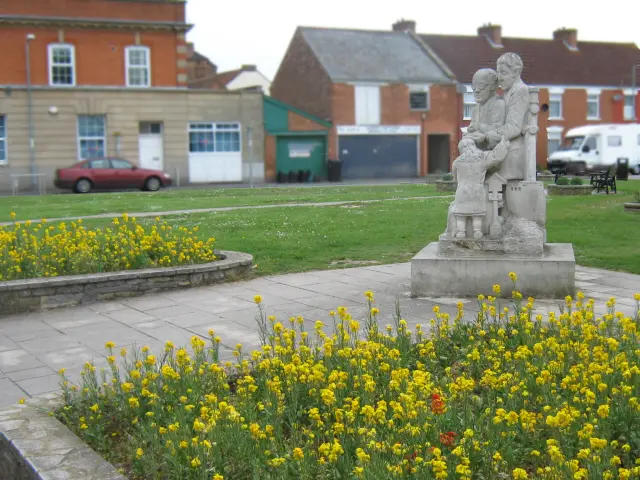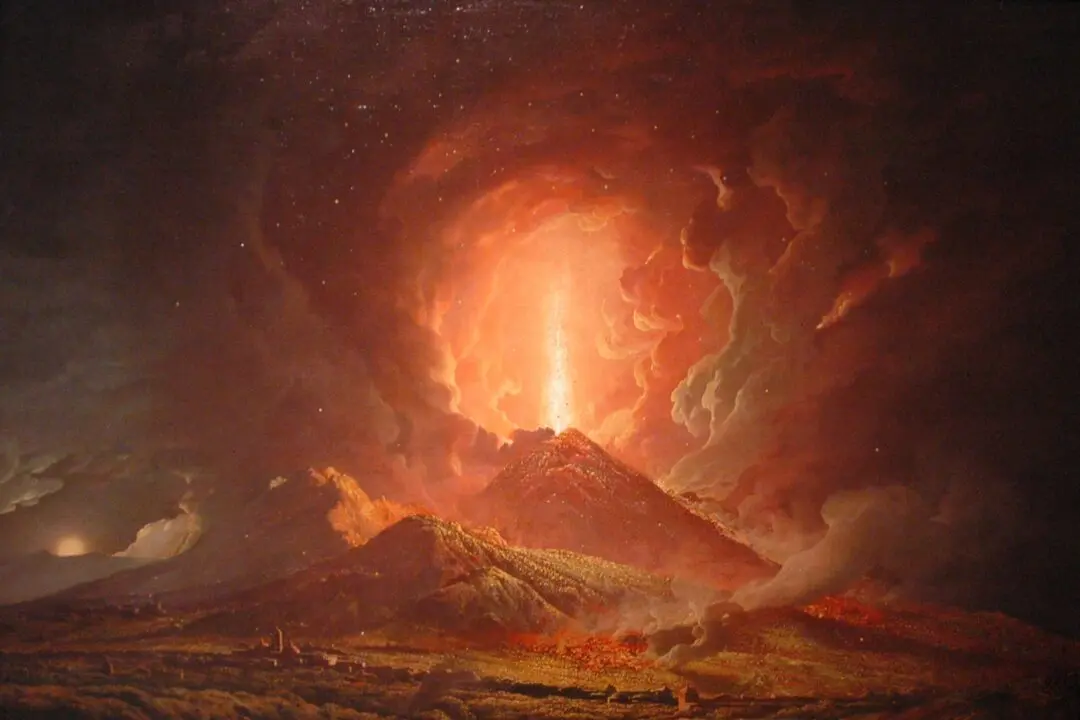A child prodigy, William Cullen Bryant (1794–1878) developed a passion for the written word at an early age. As he grew up, Bryant became a successful poet who promoted nature conservation, including advocating for the creation of Central Park in New York City. In his later years, Bryant used his position as a newspaper editor and leader of public opinion to sway the country toward ending slavery.
Bryant was born in 1794 in a log cabin near Cummington, Massachusetts, to physician Peter Bryant and Sarah Snell. Snell’s family had arrived in New England on the Mayflower in 1620.






